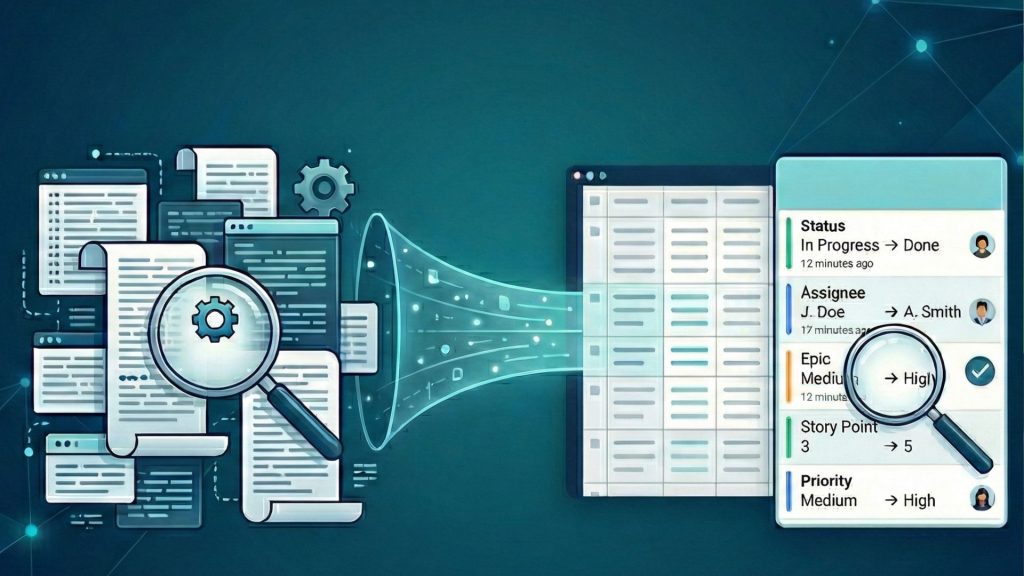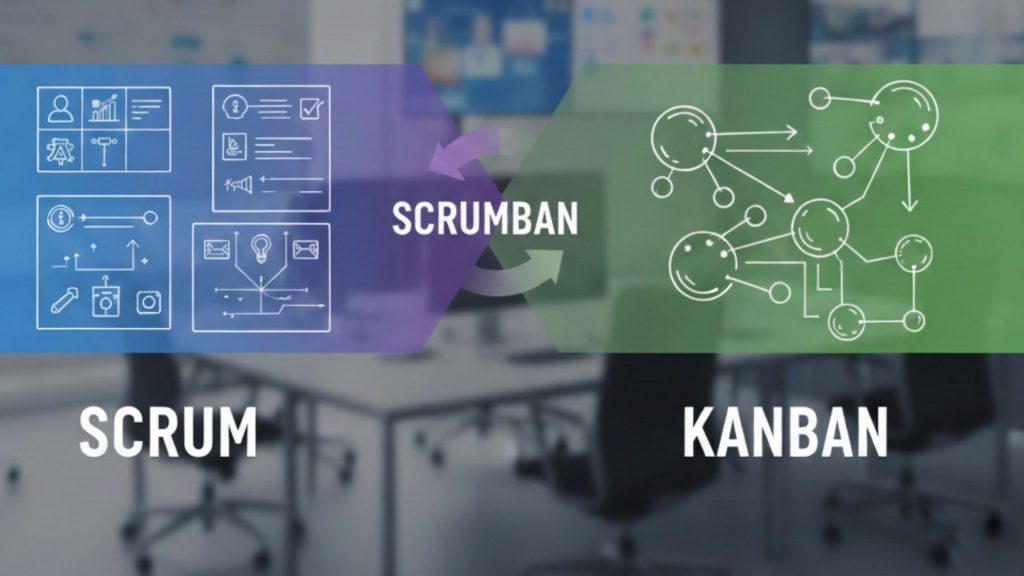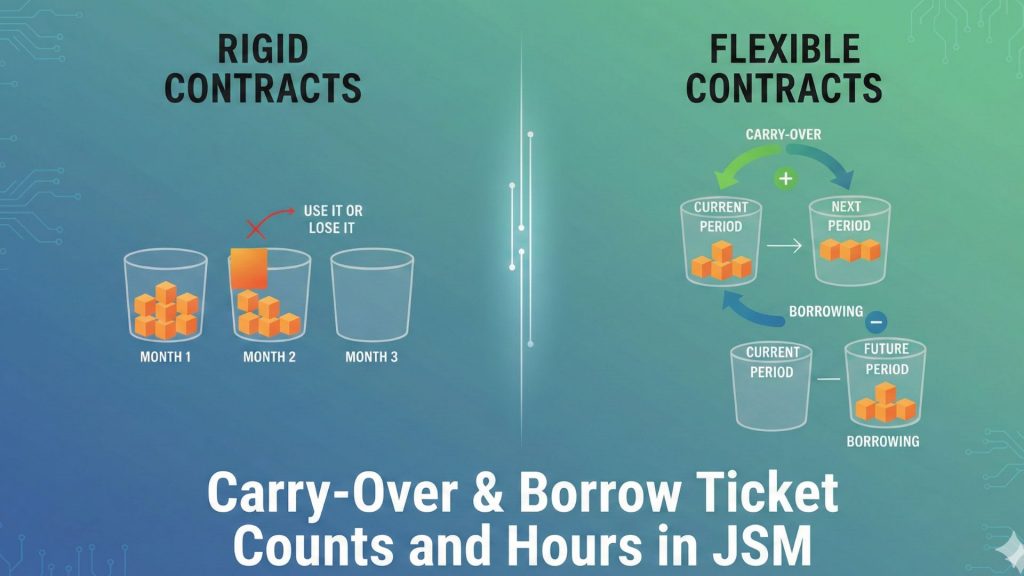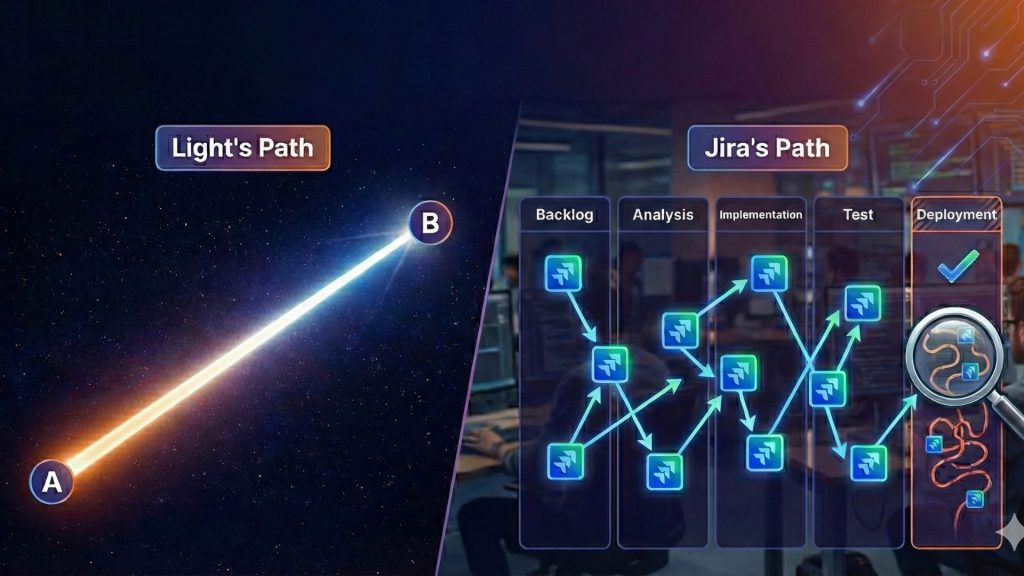If you’re in a service business, you know the client relationship is everything. But there’s often a quiet tension around service agreements and client billing that can hurt even the best partnerships. Let’s be super honest: It’s a problem both sides feel .
For vendors, the end of the month means digging through timesheets and building reports to justify an invoice. It feels, and seems, defensive.
For clients, the work can feel like it’s happening in a black box. You trust your vendor for sure, but without a clear view of where the hours are going, invoices can be a hard to digest.
The problem is simple: the contract, the work, and the reports all live in different places. Let’s give it a name: a gap. To fix this gap, most of us turn to spreadsheets. But that manual approach often creates more problems than it solves.
The Risks of Manual Contract Tracking in Spreadsheets
Spreadsheet are great for many work, they are incredibly useful for some cases. However, relying on a spreadsheet to track important contract data is inefficient. Moreover, it is risky for everyone involved. This process is creating some problems:
‘Scope Creep’ and Lost Revenue: For providers, the friendly “can you just add this one thing?” is how a 40-hour retainer turns into 60 hours of unbilled work. For clients, this uncontrolled growth leads to bloated budgets and unexpected costs. This is an obvious scope creep problem and not really helpful to build trust for all sides.
Wasted Administrative Hours: The time your team spends manually updating spreadsheets and building reports is time they could be spending on valuable work.
A Breakdown in Trust: Maybe the most important one. Surprise invoices force providers into defensive conversations. For clients, a lack of visibility makes it hard to feel in control of their budget. And yes, this isn’t a good foundation for a partnership.
A Single Source of Truth for Jira Contract Management
While Jira is the system of record for service requests, its native capabilities for managing the financial and service-level terms of a contract are limited. This is exactly why we built TicketBook – Service Time and Contract Management for Jira. It’s designed to close the gap between the agreement and the work by turning your contracts into living, automated parts of your Jira workflow. Here’s how it creates a shared source of truth:
Set Clear Rules for Every Contract
A service agreement is more than just a block of hours. With TicketBook, you can build the specific terms of any contract right inside Jira. You can set clear quotas based on:
- Service Hours
- Ticket Counts
- SLA Success Rates

Track Everything Automatically
Once a contract is set up, the manual work stops. As your team logs time on Jira issues, the usage is automatically deducted from the client’s quota in real-time. This means the data is always accurate, and your team is freed from manual tracking.
Give Everyone a Real-Time View
This is the key to building trust. TicketBook makes the contract status visible in two important places:
On the Jira Issue: Your agents see the client’s remaining hours or tickets without ever leaving the task they’re working on.
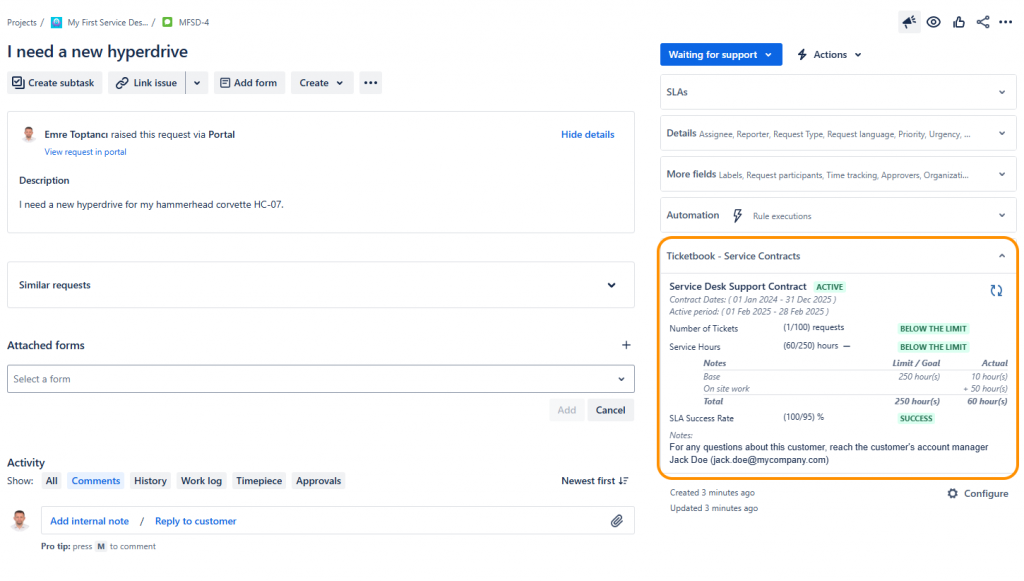
In the Customer Portal: Your clients get a self-service view of their own usage. They can see exactly where they stand at any time.

Create Amends for Extra Quotas
You can easily create “Amends” to add extra quotas or out-of-the-system consumption for a period. The rules are no longer in a forgotten PDF; they’re an active part of your workflow.

Transform Jira Client Billing and SLA Reporting
When a client can log into their portal and see, “We have used 8.5 of our 20 support hours,” the entire dynamic changes. The black box is gone, replaced by a shared dashboard of facts. This transparency creates a win-win for everyone:
No More Surprise Invoices: For clients, this means predictable budgets. For providers, it means fewer disputes and faster payments.
More Strategic Conversations: Account managers can stop defending timesheets and start having helpful conversations. They can use the data to say, “I see your team is consistently using all of your hours. Let’s talk about whether this plan is still the right fit for you”.
Shared Accountability: Clients have the hard data to see that they’re getting the service they paid for. And providers have clear, undeniable proof of the value they deliver every week, month, or year.
It’s time to move beyond the limits of spreadsheets. By creating a single source of truth for contract management inside Jira, you can get rid of the friction, protect your profits, and focus on what really matters: delivering great work.
Try TicketBook – Service Time and Contract Management for Jira from the Atlassian Marketplace today. To learn more about it, you can book a demo call.
